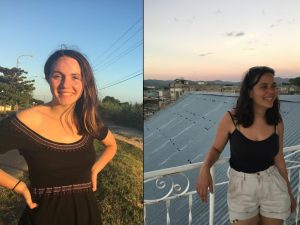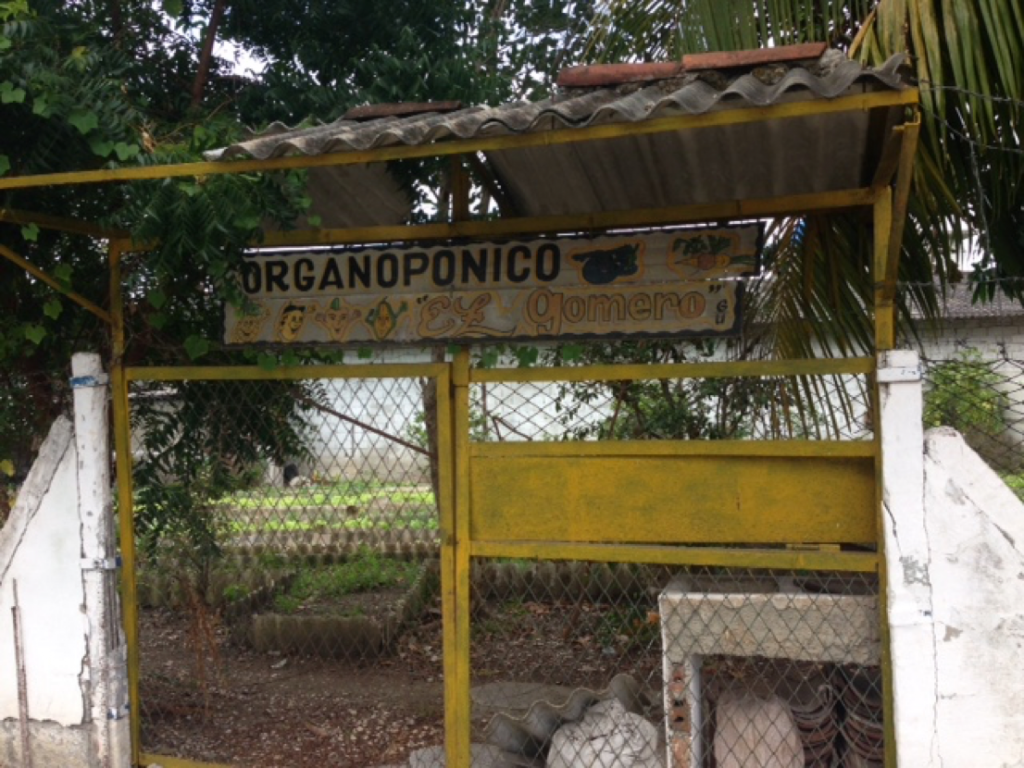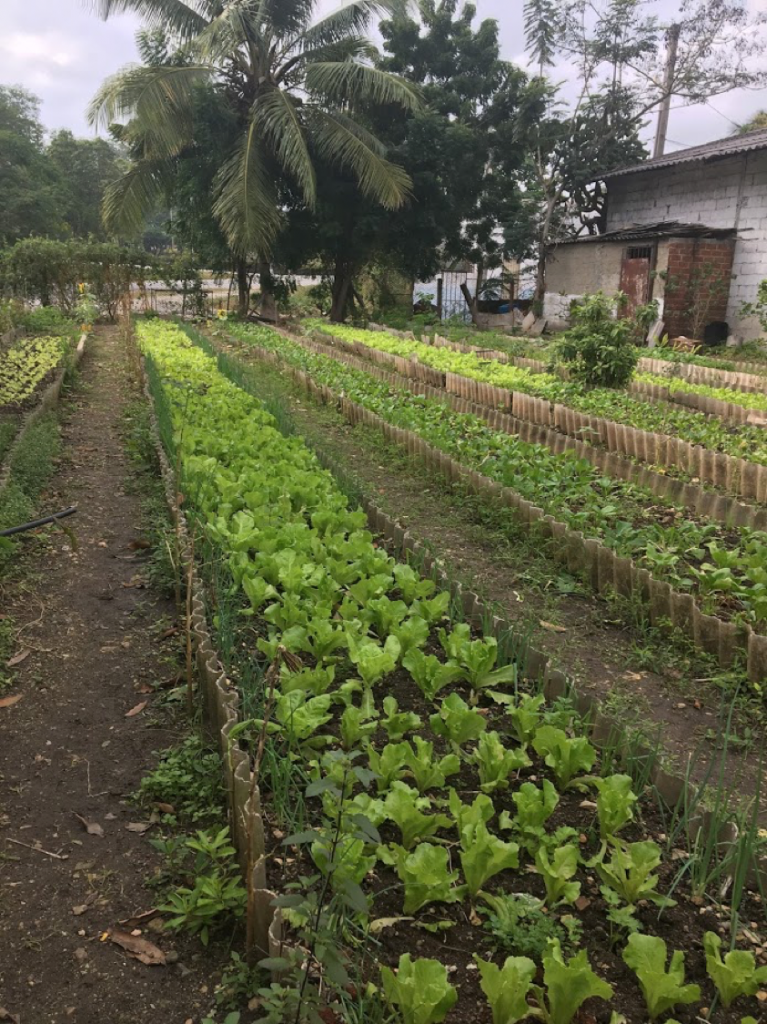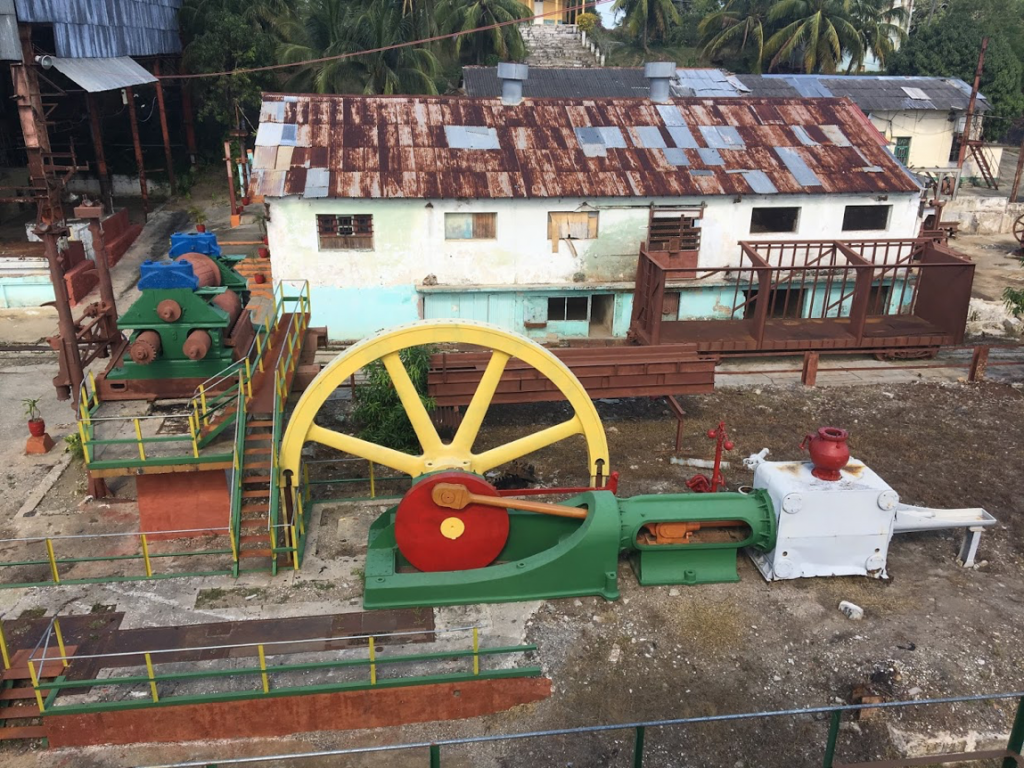 College of Social Studies major Emma Rose Borzekowski ’19 and philosophy and feminist, gender and sexuality studies double major Selene Canter ’19 set out over winter break to research agriculture in Cuba–to learn what farming looks like in one of the few remaining socialist states. The research trip was funded by a grant from the College of the Environment.
College of Social Studies major Emma Rose Borzekowski ’19 and philosophy and feminist, gender and sexuality studies double major Selene Canter ’19 set out over winter break to research agriculture in Cuba–to learn what farming looks like in one of the few remaining socialist states. The research trip was funded by a grant from the College of the Environment.
Borzekowski has worked for the Sustainability Office since freshman year, serving as an eco-facilitator her second semester and as a sustainability coordinator this year. Writing her thesis on Undergraduate Student Unions, she is interested in the intersections of labor and policy, specifically how Leftist movements have been shaped by conceptualizations and implementations of agrarian economies. Her studies have taken on an international lens, comparing political regimes and labor activism across borders.
Canter worked the full summer of her freshman year at Long Lane Farm, and taught Farm Forum her sophomore spring. She is interested in the intersections between philosophy and farming, and the translations between local and global politico-cultural movements.
After graduation, both Borzekowski and Canter plan on pursuing agricultural and environmental work.
“By learning about farming specifically as trade increases between Cuba and the United States and relations begin to normalize, we can identify specific methodologies employed and attempt to trace their roots to understand how actual practice relates to ideology,” wrote Borzekowski and Canter in their research proposal. “We of course will complicate questions around Cuban agriculture through questions of geopolitics and colonialism. We want to research agriculture as it is practiced in Cuba, not as a type example of socialist farming practice but as a historically, culturally, and economically specific model that can in turn provide insight into how environmentalists globally can practice agriculture.”
Read more about their trip in the photo captions below.




